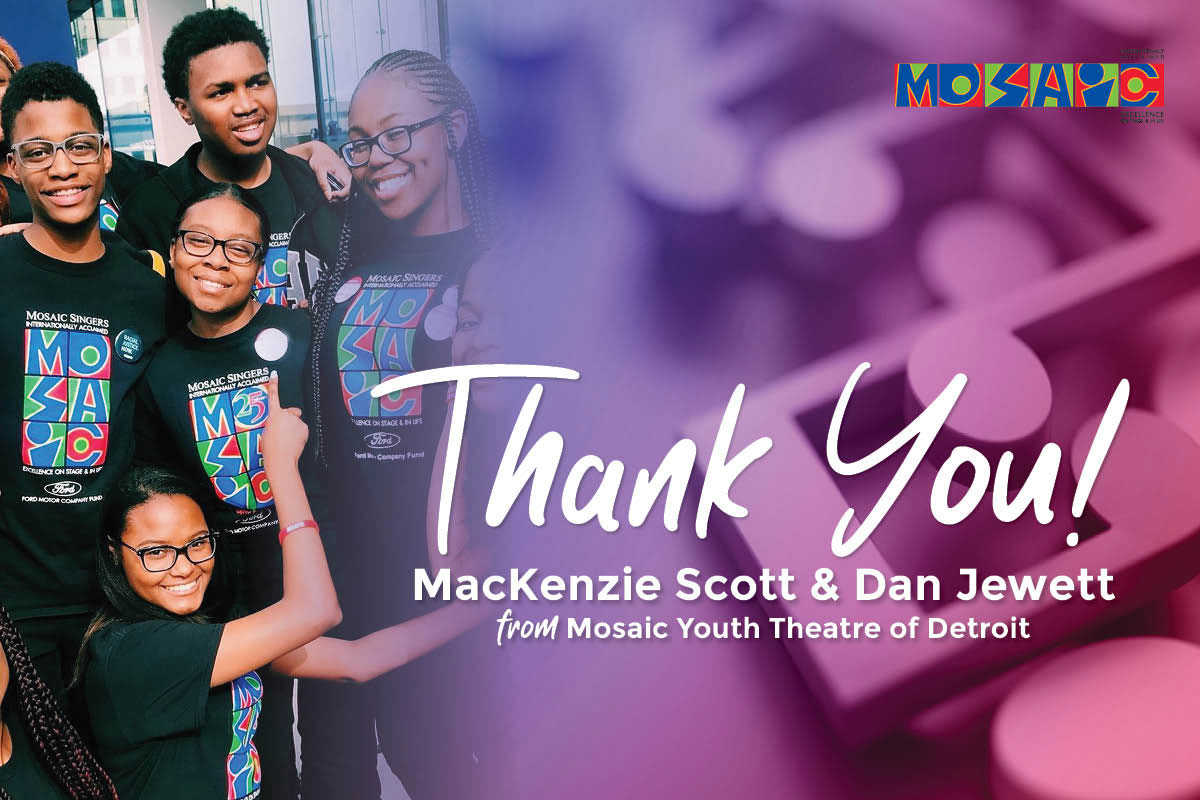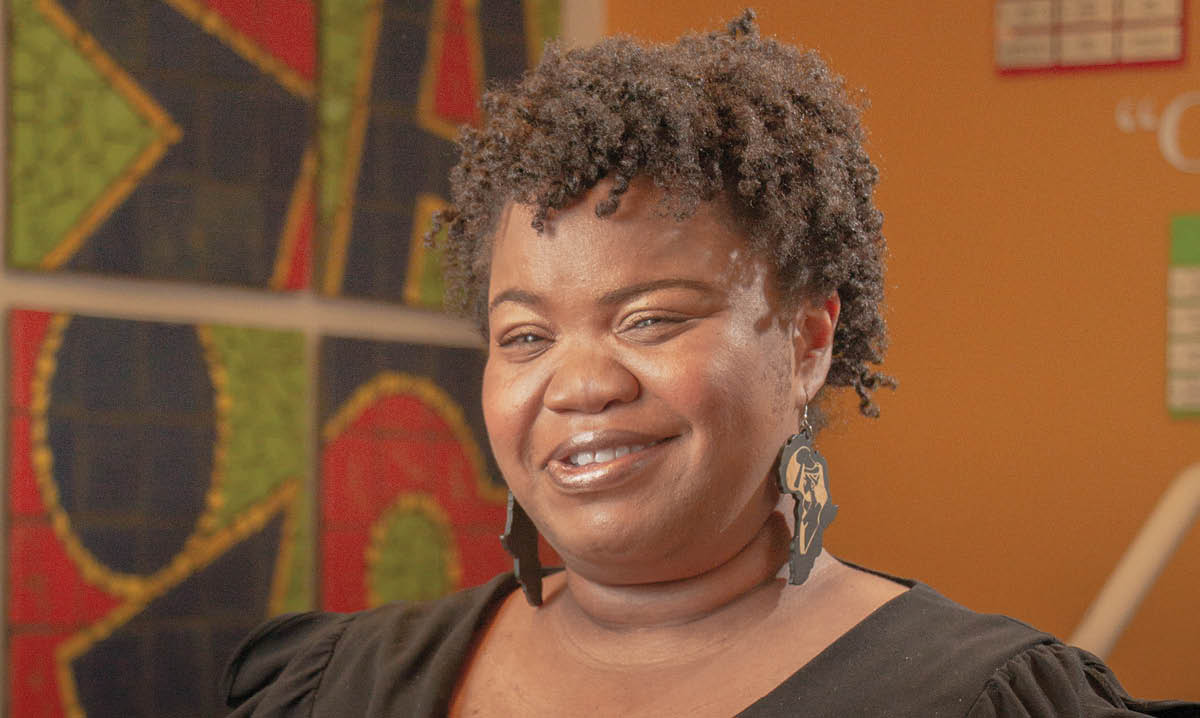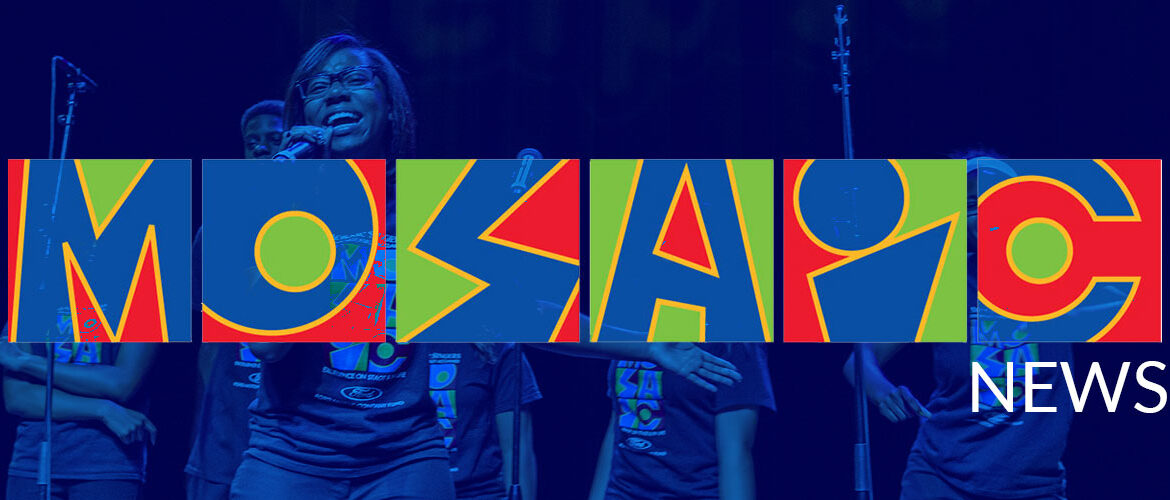In today’s podcast, Delashea Strawder from Mosaic Youth Theater of Detroit and Stephen Halasnik from Financing Solutions, a leading provider of nonprofits financing in the form of a line of credit, discuss the importance of core values for nonprofits. Every nonprofit craving sustainable growth and progression should ensure that it has some guiding principles that undergird its decision to remain focused on its target goals. Nonprofits’ core values are road maps that facilitate the execution of nonprofits short and long-term projects.
Read an Executive Summary or Listen to the Podcast HERE: Nonprofit Core Values, Envisioned Futures, and Leading Forward
About Delashea Strawder from Mosaic Youth Theater of Detroit
A champion of arts and culture and its inherent ability to motivate, empower and mobilize, DeLashea Strawder celebrates every opportunity to inspire individuals and communities to embrace the arts as vehicles for positive change. She is the Executive & Artistic Director of the internationally acclaimed Mosaic Youth Theater of Detroit, a creative youth development organization that uses the arts to mentor, empower, and support youth to thrive. As an artist and arts administrator working at the intersection of education, arts & culture, and social justice Strawder knows firsthand how music and theater can foster engagement, transform communities, increase opportunity, and promote equity.
About Stephen Halasnik, The Nonprofit MBA Podcast, and Financing Solutions
Stephen Halasnik is the Cofounder of Financing Solutions which is the leading provider of lines of credit for nonprofits and church financing. The credit line program for nonprofits & churches is fast, easy, inexpensive, and costs nothing to set up making it great when cash flow is temporarily down. Mr. Halasnik is also the host of the popular, The Nonprofit MBA Podcast. The podcast brings on experts to talk about fundraising, nonprofit grants, executive director leadership, nonprofit boards, and other important topics. You can learn more about the nonprofit line of credit program here or call 862-207-4118.


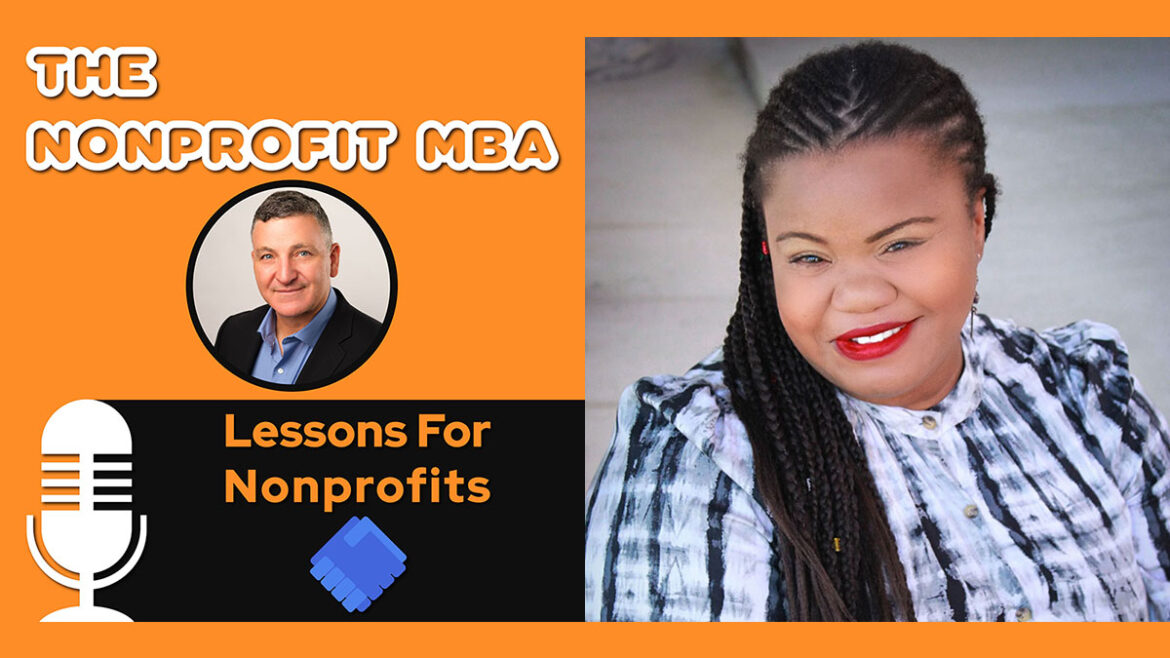
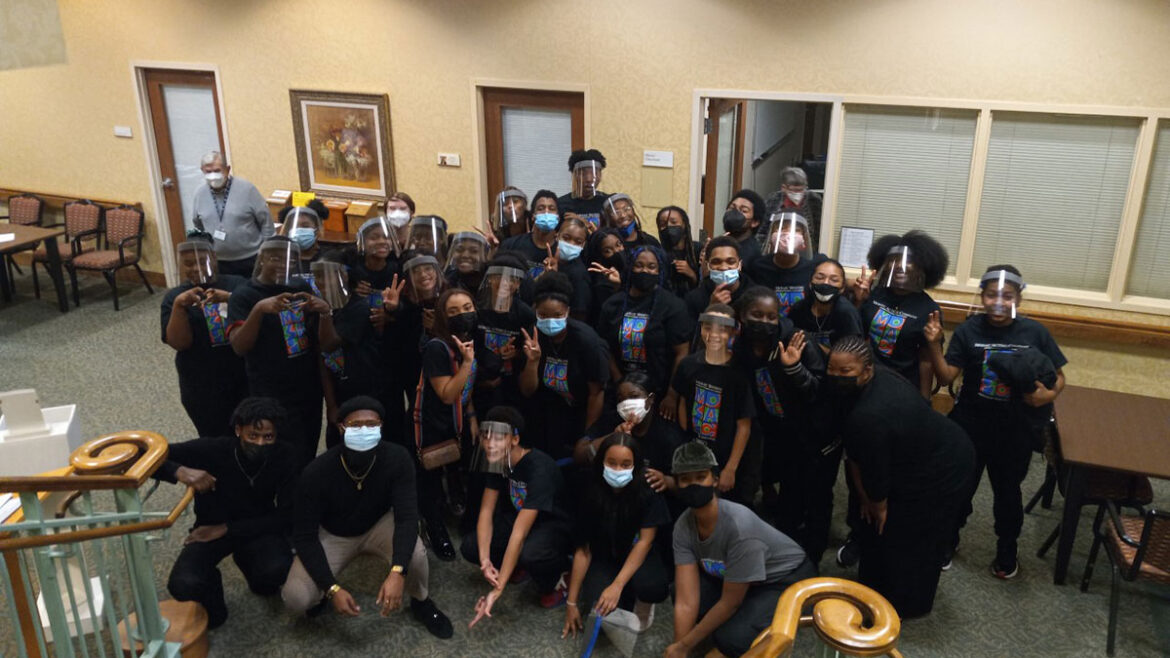
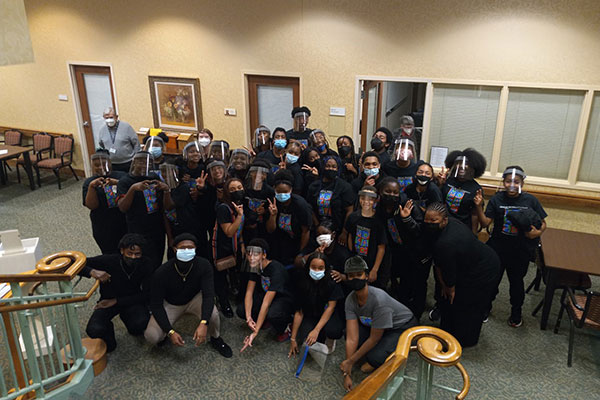 One of the easiest ways to honor Black people and our culture is to recognize, partake in, buy, support, and appreciate their art. In a country that has historically taken from and exploited Black art without recognition, the burden often lies on Black people to create and support our own thing.
One of the easiest ways to honor Black people and our culture is to recognize, partake in, buy, support, and appreciate their art. In a country that has historically taken from and exploited Black art without recognition, the burden often lies on Black people to create and support our own thing.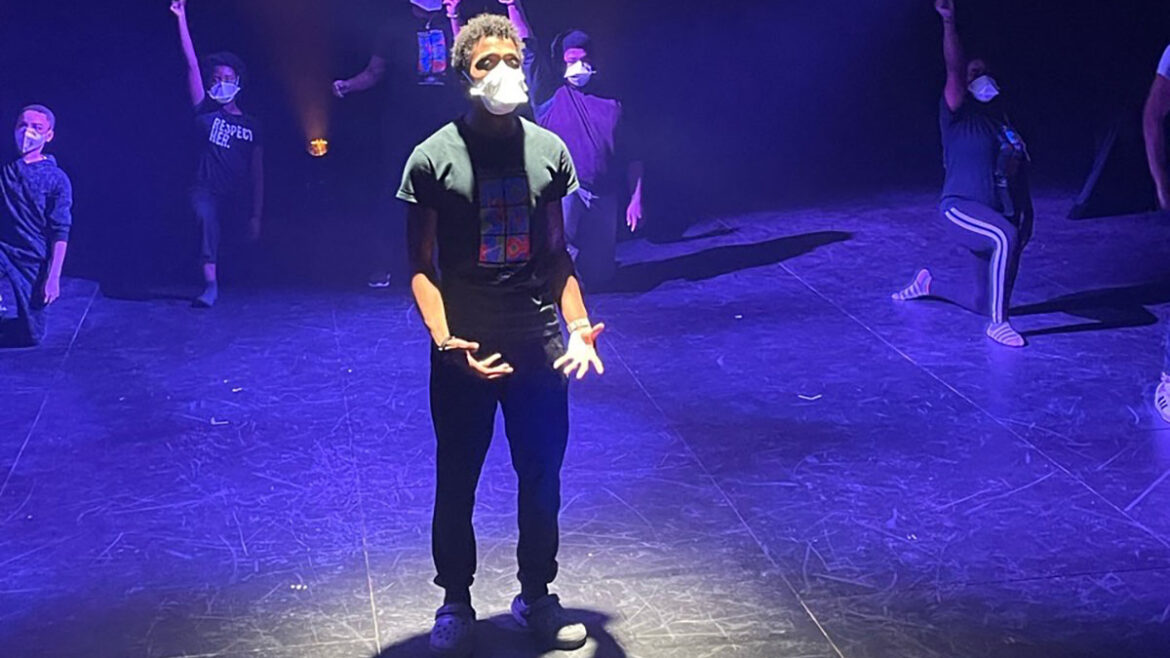
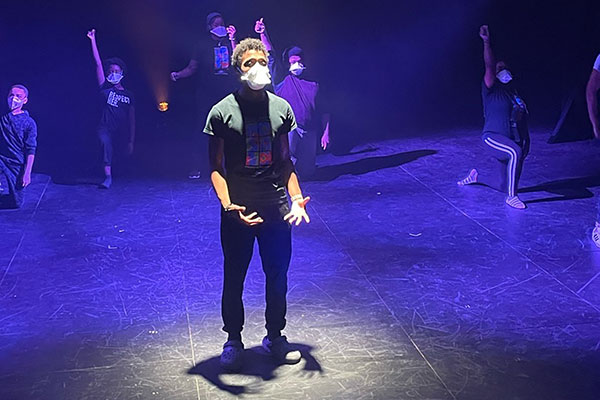 I’ve been thinking a lot about how we celebrate Black history month this year.
I’ve been thinking a lot about how we celebrate Black history month this year.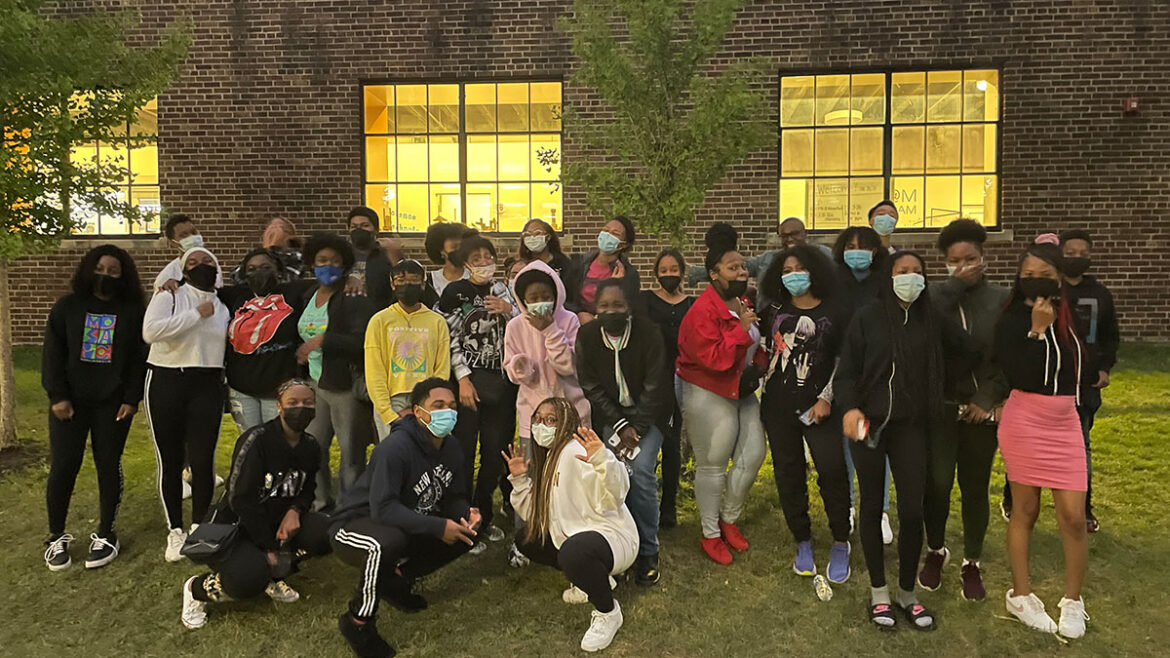
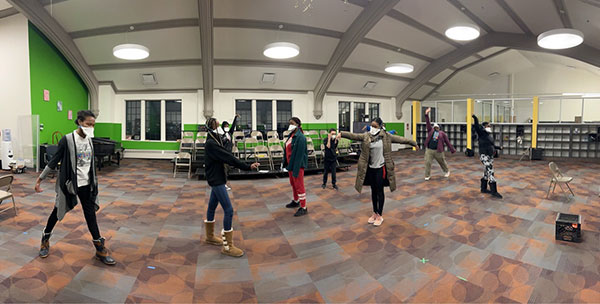 It’s Black history month again, and Mosaic’s young artists are seeing things differently than most.
It’s Black history month again, and Mosaic’s young artists are seeing things differently than most.